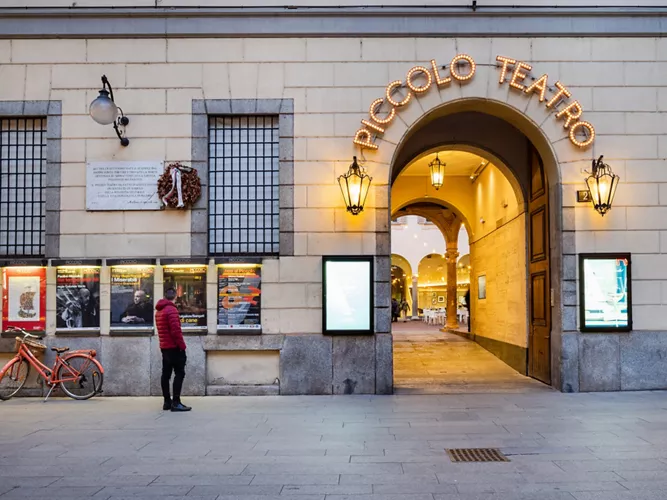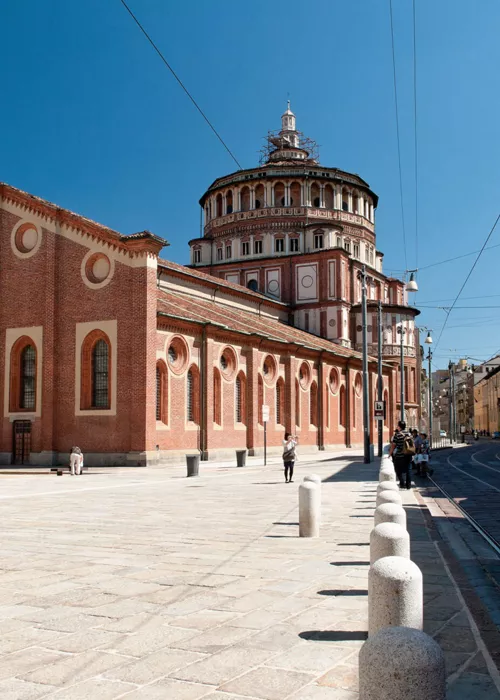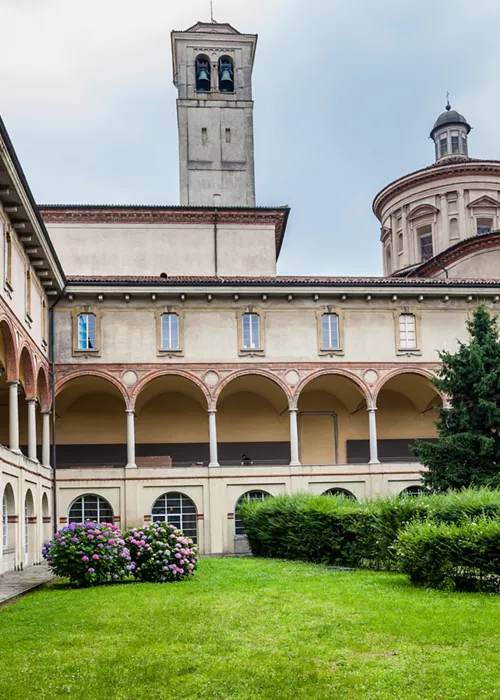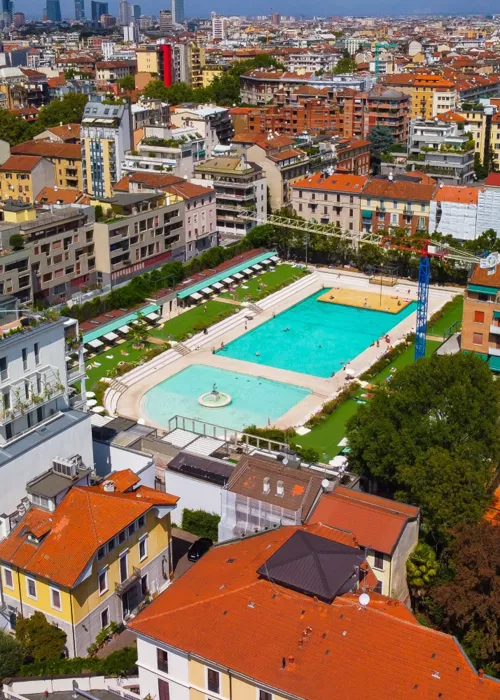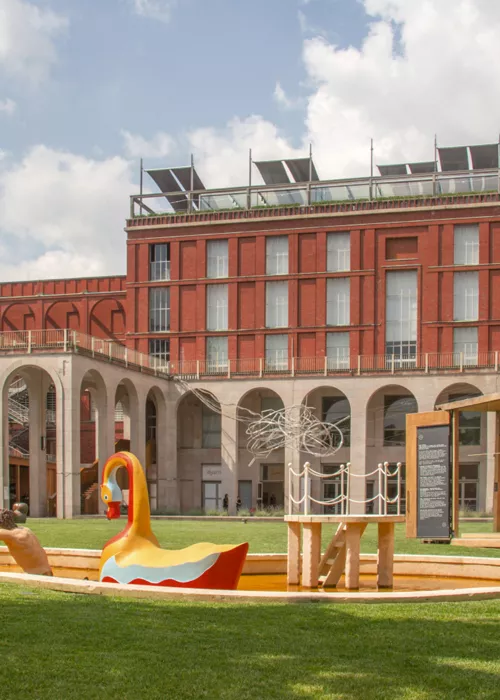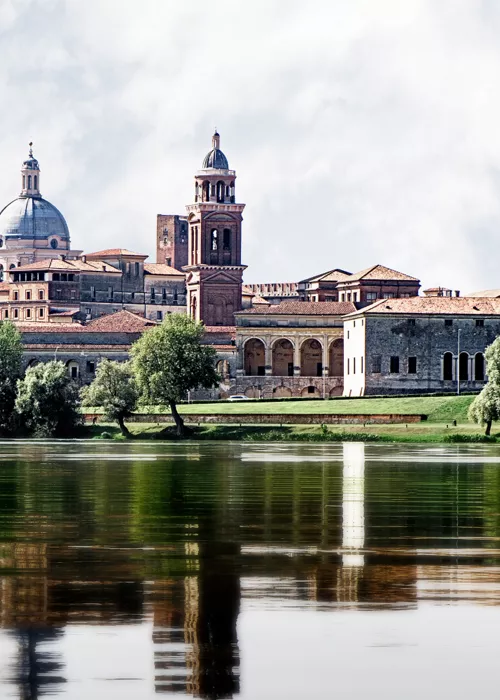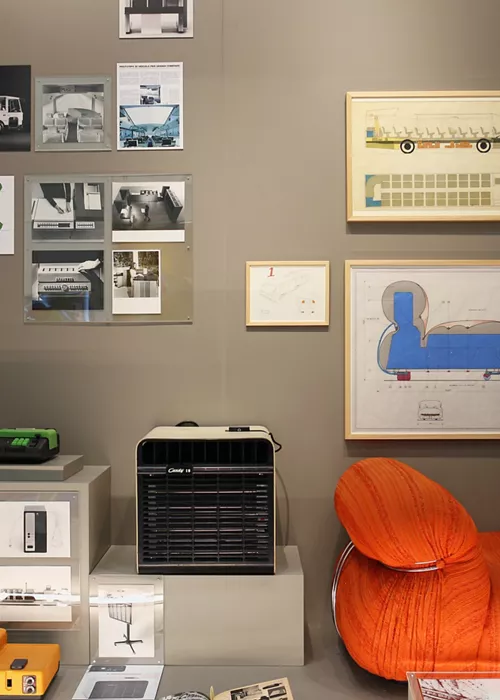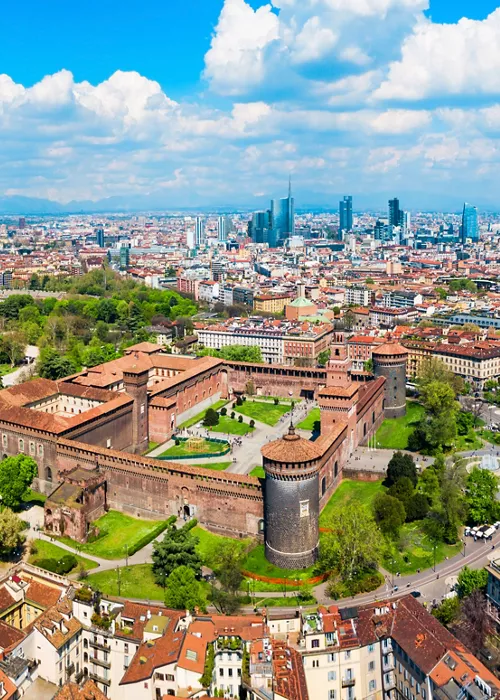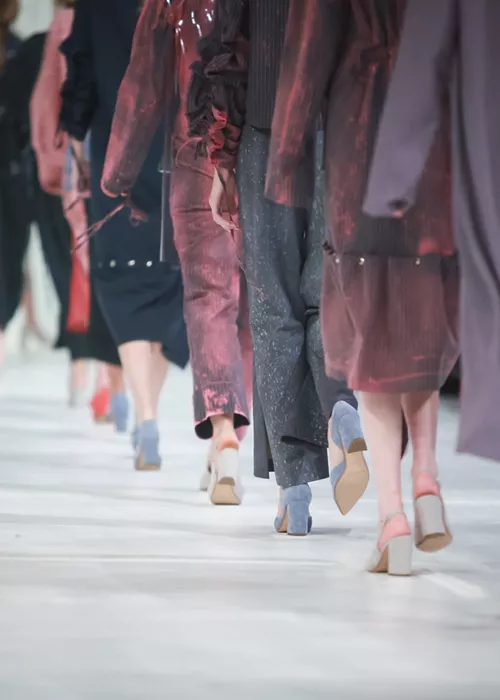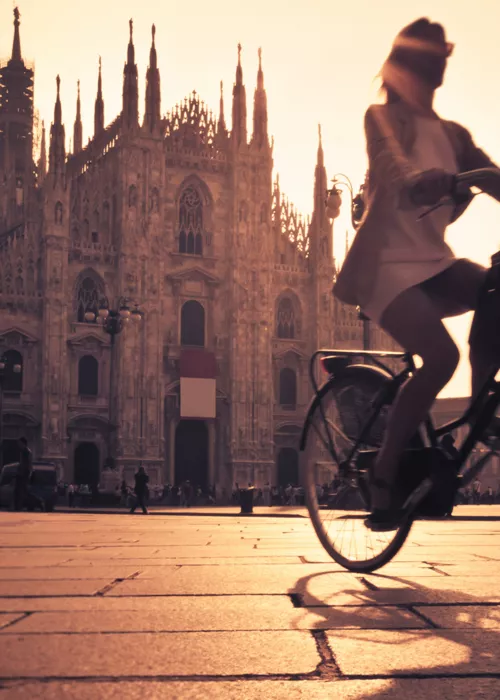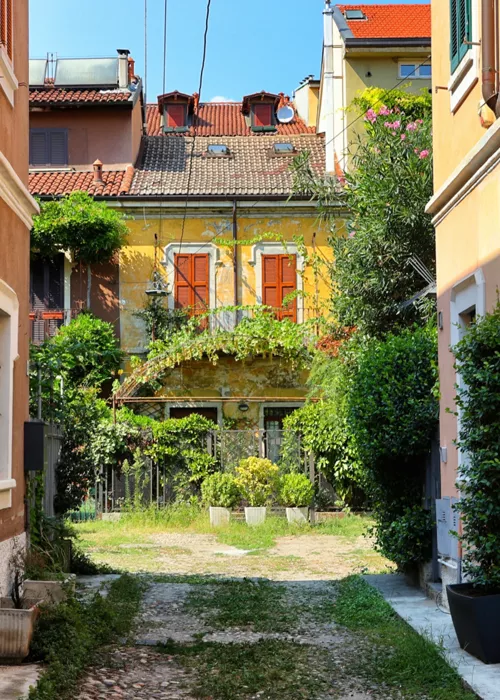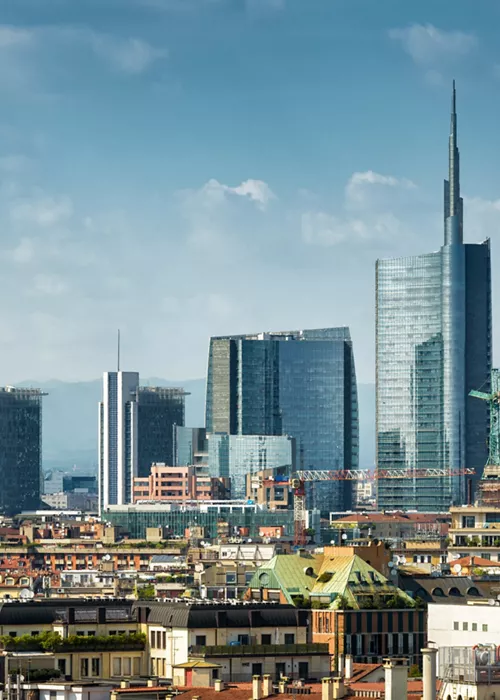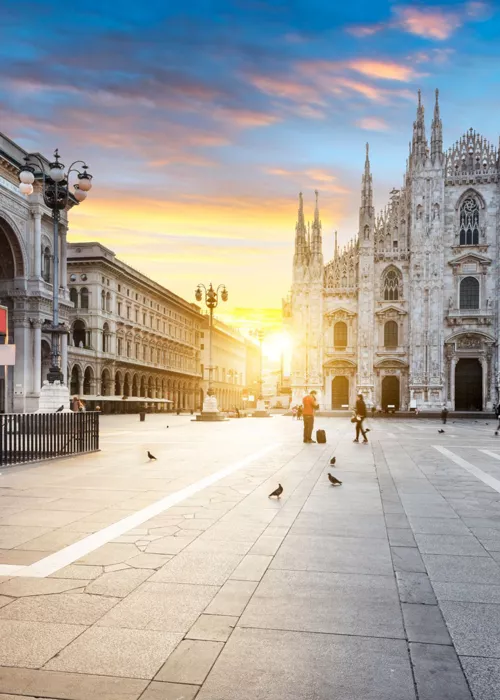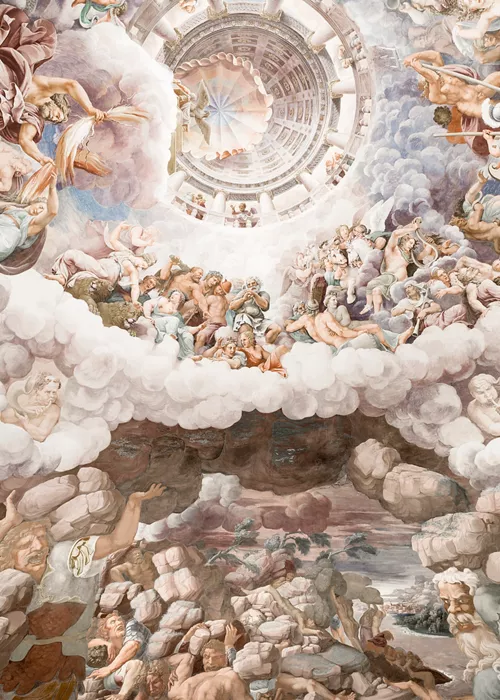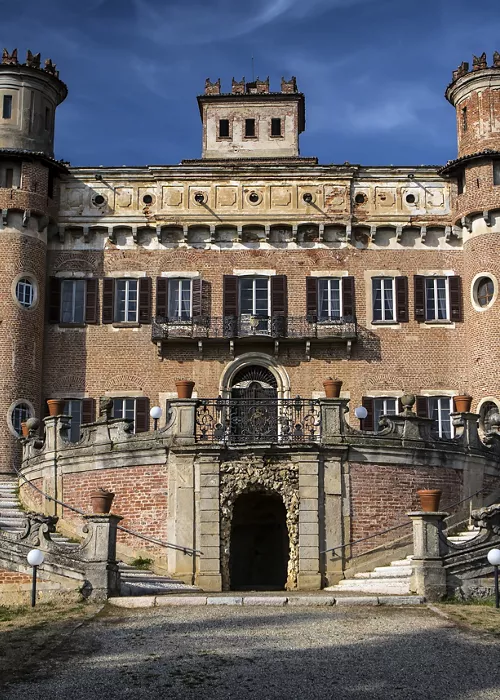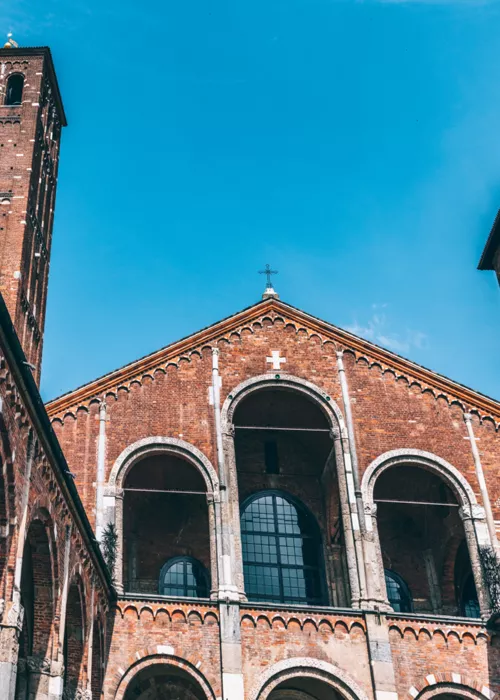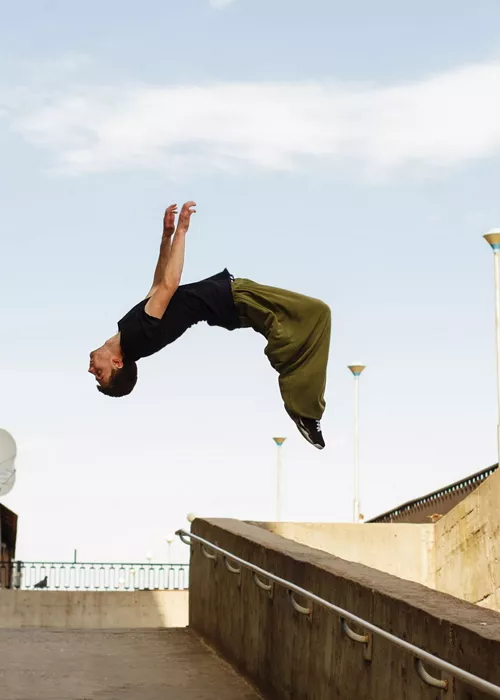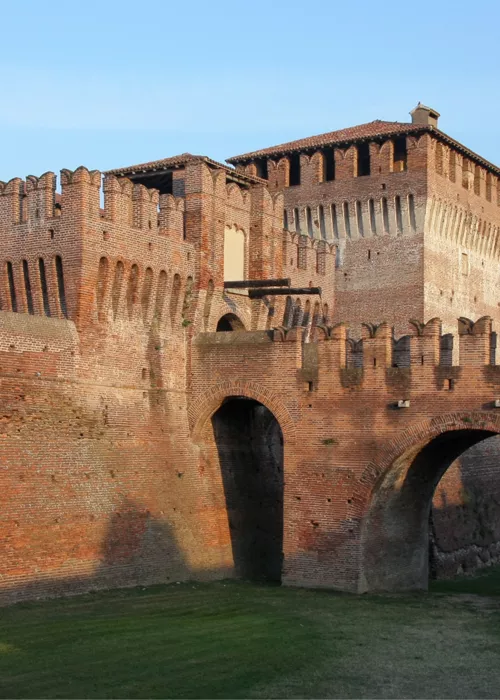Piccolo Teatro Strehler: when art illuminates the evenings
The history of Piccolo Teatro Strehler in Milan began at the end of the Second World War with the aim of creating a stable artistic and theatrical space open to everyone, regardless of their social class and financial means.
The Piccolo Teatro was founded in 1947 by theatre impresario Paolo Grassi, his wife Nina Vinchi and legendary director and artistic director Giorgio Strehler.
In 1991 it acquired the title of First Permanent Theatre of Italy and European Theatre.
A theatre “split” into three
The Piccolo, as it is called among the Milanese, consists of three halls: Teatro Grassi, which is its historical seat in Via Rovello in the heart of the city, Teatro Studio Melato, named after the unforgettable actress, which focuses on experimentation and is also home to the Luca Ronconi Theatre School, and the main seat, the majestic Teatro Strehler.
The latest creation
Teatro Strehler opened its doors in 1998.
Designed by Marco Zanuso, it is located in Largo Greppi, very close to the Sforza Castle and Sempione Park. A great hall which is one of Italy's most important stages for prose theatre today, with a playbill that features some of the world's most interesting authors, directors and actors.
Great productions and unforgettable names
As the home of Strehler, one of the leading directors of 20th century Italian theatre, Piccolo Teatro has produced more than 400 shows over the years.
He was one of the first to bring the works of Bertolt Brecht to Italy, as well as reviving beloved modern versions of William Shakespeare and Carlo Goldoni.
Prose and dance performances alternate on the three stages of the Piccolo, as well as film festivals, meetings and themed exhibitions.
A benchmark for Italian and foreign intellectuals
Why does the Piccolo have this particular name (piccolo means “small”)? It’s because of the small size of its first venue, with a stage six metres deep by five and a half metres wide and around 500 seats.
This is not the only reason: it is also a tribute to the Malyj Theatre in Moscow, a historic Russian theatre founded in the 19th century whose name means “Small”, as opposed to the Moscow theatre Bolshoi, literally Big Theatre.
Between 2008 and 2009, the historical venue in Via Rovello underwent renovations that made the 488-seat hall and the stage more functional.



